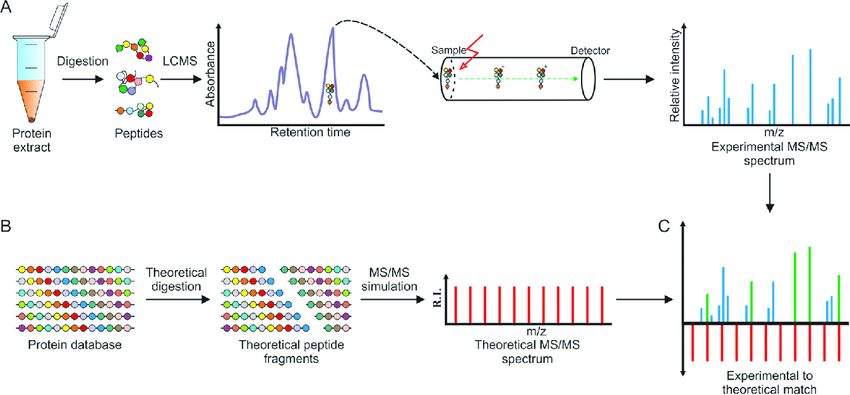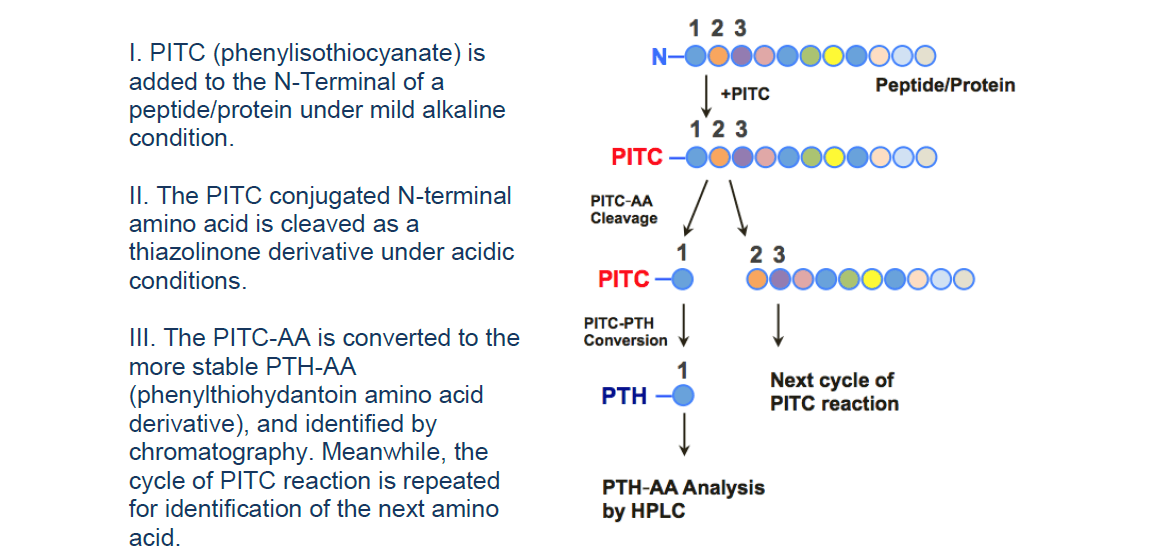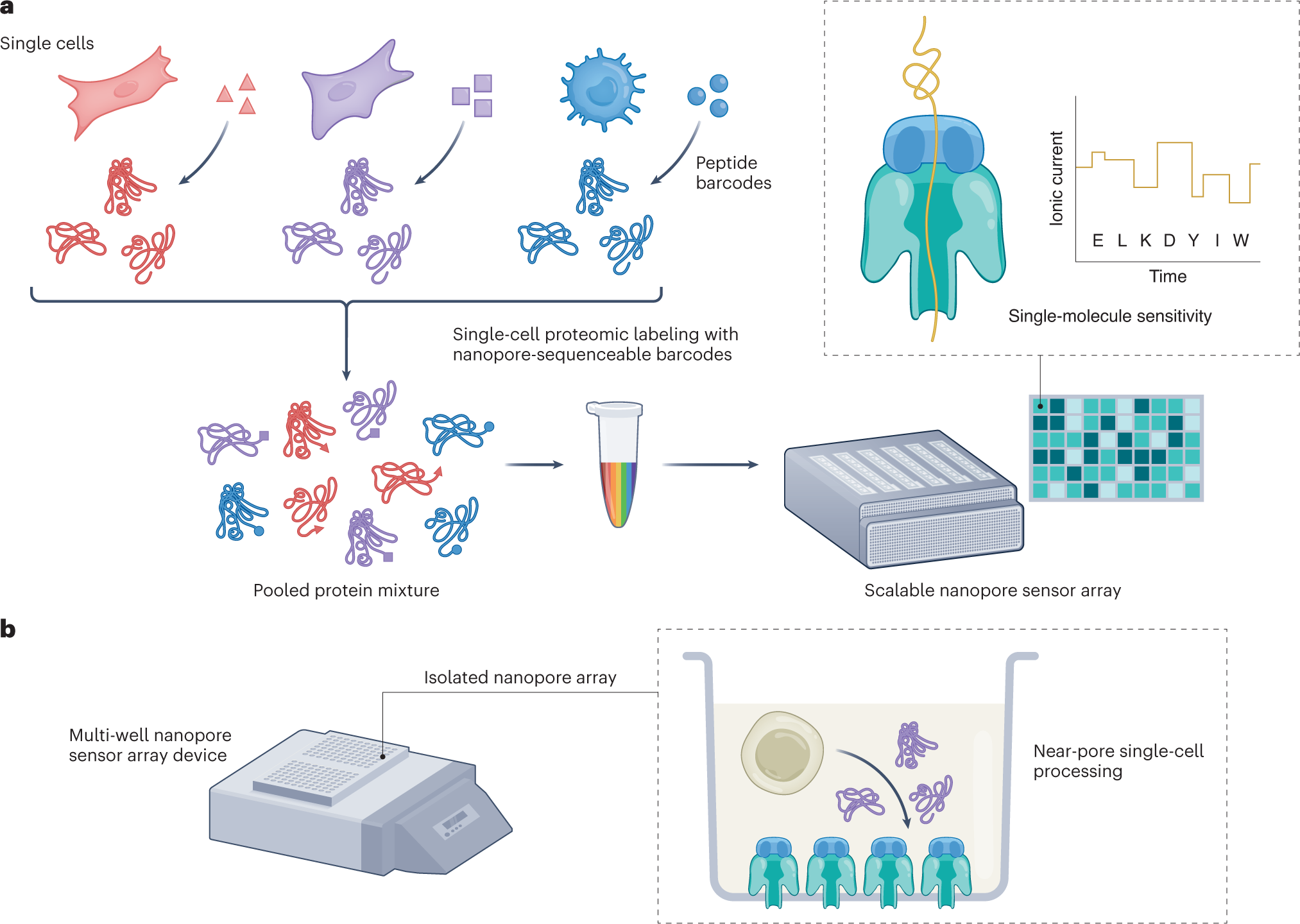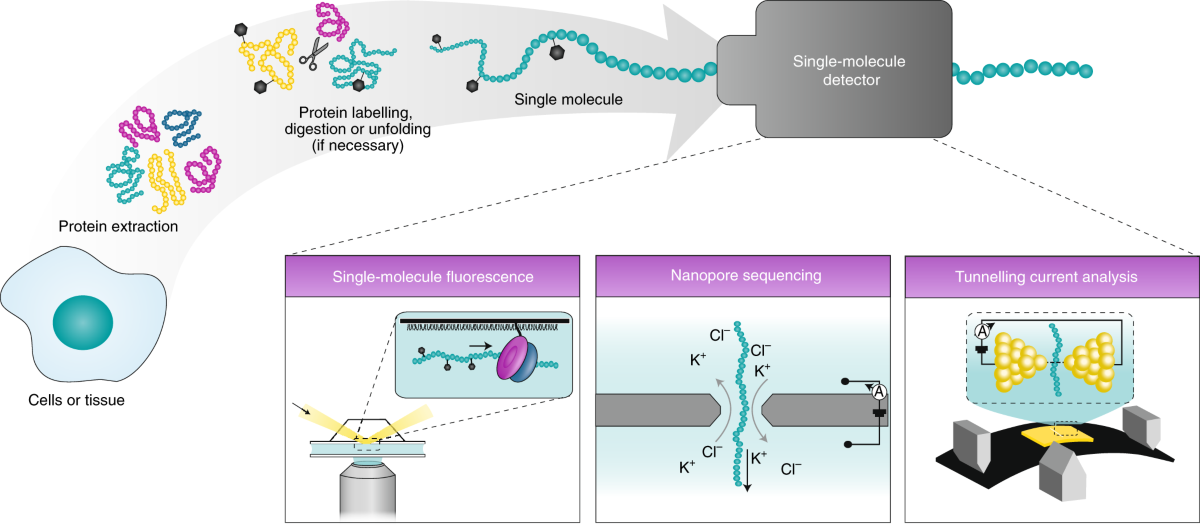Protein Sequencing | Solutions
Protein sequencing, fundamental for examining the primary structure of proteins, aims to accurately determine the amino acid sequences within protein molecules, essential for understanding their functions and structural properties. Since pioneering the sequencing of insulin in 1953, protein sequencing has been a foundational aspect of biochemical research. Employing techniques such as mass spectrometry and Edman degradation, this field has significantly advanced, with mass spectrometry being notably favored for its high throughput and sensitivity in proteomics studies.
Services at MtoZ Biolabs
MtoZ Biolabs offers customized protein sequencing solutions combining mass spectrometry and Edman degradation. Our mass spectrometry service provides a thorough analysis from start to finish, while Edman degradation specializes in delivering precise N-terminal sequence data.
1. Mass Spectrometry-Based Protein Sequencing
We ionize protein samples to generate charged particles, which are separated and detected based on their mass-to-charge ratios in a mass spectrometer, yielding detailed molecular information.

Chugunova, A. et al. J Proteome Res. 2018.
Figure1. Protein Mass Spectrometry Sequencing Workflow
Featured Services Include:
(1) Comprehensive sequence analysis
(2) Protein N-terminal sequencing
(3) Protein C-terminal sequencing
(4) Full-length protein sequencing
(5) De novo sequencing and mutation analysis
(6) Top-down protein sequencing
(7) Amino acid composition analysis
(8) Peptide mapping
2. Edman Degradation-Based Sequencing
This method sequentially degrades N-terminal amino acids of proteins, identifying each through chromatographic techniques, ideal for N-terminal sequence analysis and supporting the development of synthetic peptides and protein biologics.

Figure2. Edman Sequencing Workflow
Featured Services Include:
(1) N-terminal sequencing (for unblocked N-termini)
(2) Verification of cell line expression products
(3) Protein degradation or enzymatic digestion analysis
(4) Verification of synthetic peptide sequences
3. Nanopore Protein Sequencing
Employs cutting-edge nanopore technology for real-time, high-throughput single-molecule protein analysis, ideal for rapid sample assessment.

Motone, K. et al. Nat Methods. 2023.
Figure3. Nanopore Protein Sequencing Workflow
4. Single-Molecule Fluorescence Sequencing
Utilizes advanced fluorescence technology for detailed microanalysis, enhancing sequence sensitivity and suitable for dynamic protein function studies.

Restrepo-Pérez, L. et al. Nature Nanotech. 2018.
Figure4. Principle of Single-Molecule Fluorescence Sequencing
MtoZ Biolabs is ready to collaborate and consult, offering precise and reliable protein sequencing services to support your research and drug development efforts. For detailed service information or project consultations, please reach out to our expert team.
MtoZ Biolabs, an integrated chromatography and mass spectrometry (MS) services provider.
Related Services
Protein Mass Spectrometry Sequencing Service
How to order?







